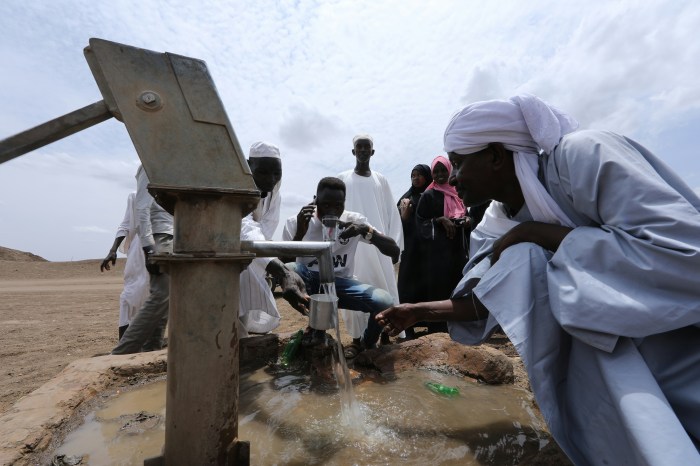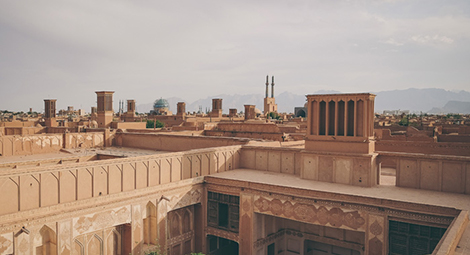Esta semana se cumple un año desde que estalló la guerra entre las Fuerzas Armadas Sudanesas (SAF) y las Fuerzas de Apoyo Rápido (RSF), en la culminación de las tensiones y reclamos que han existido entre los dos grupos desde que despojaron del poder al gobierno de transición en octubre de 2021.
Lo inusual de esta guerra es que comenzó en la capital, Jartum, y se extendió por todo el país. Desde que Sudán obtuvo su independencia en 1956, los conflictos e incluso las revoluciones se han originado fuera de la capital, lo que a menudo ha llevado al aislamiento de las comunidades del centro, y posiblemente del norte de Sudán, de las peores ramificaciones de la inestabilidad. Hoy, sin embargo, son pocos los lugares del país que se han librado de las hostilidades a gran escala entre ambos grupos, y su impacto sobre la población civil ha sido catastrófico.
Cuando el conflicto entró en su segundo año, ya había cobrado la vida de al menos 13,000 personas y más de 33,000 habían resultado heridas. Con la intensificación de la guerra en las ciudades pobladas, el número de desplazados internos ha aumentado a más de nueve millones, y se calcula que el número de quienes padecen hambre asciende ahora a 20 millones. Además, hay más de dos millones de refugiados, la mitad de ellos darfuríes, que también padecen hambre. Trágicamente, por segunda vez en 20 años también hay informes de crímenes atroces, y el Fiscal de la Corte Penal Internacional (CPI) señaló que la situación ahora en Darfur era peor que cuando el Consejo de Seguridad remitió a Sudán a la corte.
Continue reading “Un año mas de conflicto en Sudán: la comunidad internacional debe actuar ahora”


